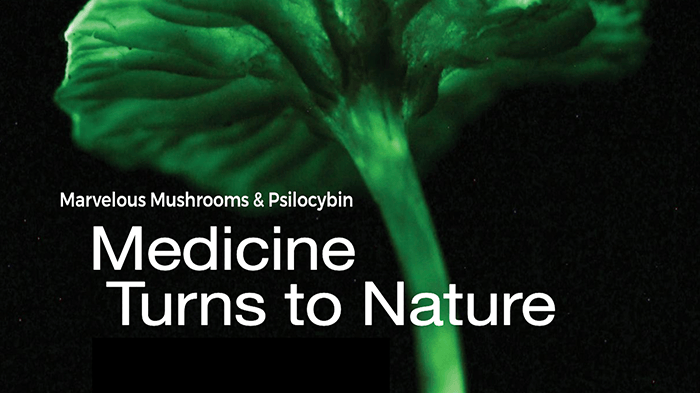|
The Oregon Health Authority has announced that it has issued the first three licenses for facilitators in its psilocybin program, who will help patients receive therapy through the use of the psychedelic found in mushrooms.
In a statement Tuesday, the state said it issued licenses to David Naftalin, Alexander Polvi and Jeanette Small, who will work within the regulatory framework outlined under the Oregon Psilocybin Services Act, which voters passed by referendum in 2020 and which is now taking effect after two years of rulemaking. "We want to congratulate the first facilitators to be licensed in Oregon," Oregon Psilocybin Services Section Manager Angie Allbee said in the statement. "As your work in providing non-directive psilocybin services takes shape, we thank you for your dedication to client safety and access as we move closer to opening service centers." Psilocybin, like cannabis, is considered a Schedule 1 substance in the federal Controlled Substances Act, and according to the statement, administration sessions can only happen at licensed service centers. The facilitators' role is to be present with clients in preparation sessions, administration sessions and integration sessions, and take a "non-directive" approach to the services, meaning that facilitators support clients without directing their experience, according to the OPS website. According to the statement, service centers provide psilocybin products made and tested by licensed manufacturers and labs, and there are currently two manufacturers in the state with licenses to produce psilocybin. The state said it anticipates issuing licenses to laboratory and service center applicants in the coming months. Representatives for the state could not immediately be reached for comment Wednesday. Oregon is one of two states to have decriminalized psilocybin with a referendum, with 53% of Colorado voters approving a bill to decriminalize plant- and fungi-based psychedelics late last year. The Colorado referendum, called the Natural Medicine Health Act of 2022, goes further than Oregon's by decriminalizing the use and possession of mushroom-derived psilocybin and psilocin; DMT, an alkaloid found in many plants; the root-derived psychedelic ibogaine; and the cactus-derived mescaline, not including mescaline derived from the peyote cactus.
0 Comments
Leave a Reply. |
HISTORY
April 2024
Categories |
© Walk 4 Change. All rights reserved.


 RSS Feed
RSS Feed